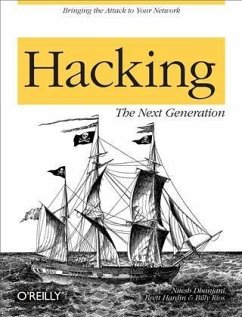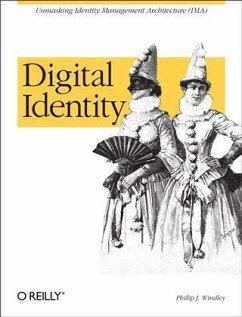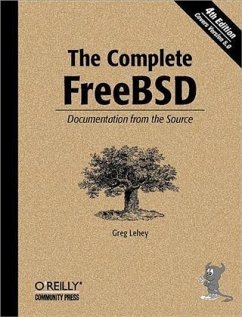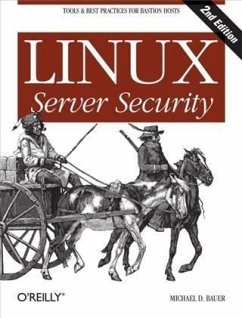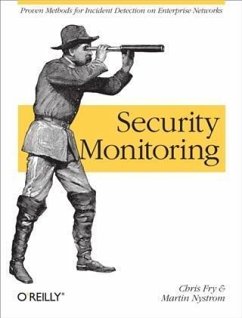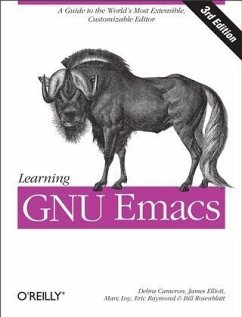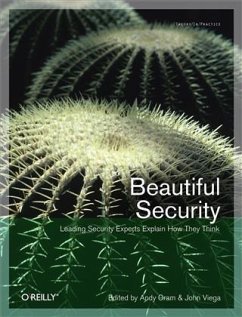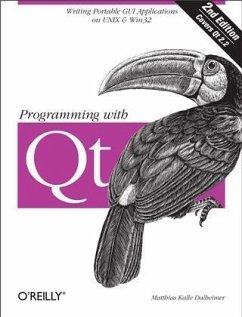
Practical UNIX and Internet Security (eBook, PDF)
Versandkostenfrei!
Sofort per Download lieferbar
37,95 €
inkl. MwSt.
Weitere Ausgaben:

PAYBACK Punkte
19 °P sammeln!
When Practical Unix Security was first published more than a decade ago, it became an instant classic. Crammed with information about host security, it saved many a Unix system administrator from disaster. The second edition added much-needed Internet security coverage and doubled the size of the original volume. The third edition is a comprehensive update of this very popular book - a companion for the Unix/Linux system administrator who needs to secure his or her organization's system, networks, and web presence in an increasingly hostile world.Focusing on the four most popular Unix variants...
When Practical Unix Security was first published more than a decade ago, it became an instant classic. Crammed with information about host security, it saved many a Unix system administrator from disaster. The second edition added much-needed Internet security coverage and doubled the size of the original volume. The third edition is a comprehensive update of this very popular book - a companion for the Unix/Linux system administrator who needs to secure his or her organization's system, networks, and web presence in an increasingly hostile world.Focusing on the four most popular Unix variants today--Solaris, Mac OS X, Linux, and FreeBSD--this book contains new information on PAM (Pluggable Authentication Modules), LDAP, SMB/Samba, anti-theft technologies, embedded systems, wireless and laptop issues, forensics, intrusion detection, chroot jails, telephone scanners and firewalls, virtual and cryptographic filesystems, WebNFS, kernel security levels, outsourcing, legal issues, new Internet protocols and cryptographic algorithms, and much more.Practical Unix & Internet Security consists of six parts:Computer security basics: introduction to security problems and solutions, Unix history and lineage, and the importance of security policies as a basic element of system security.Security building blocks: fundamentals of Unix passwords, users, groups, the Unix filesystem, cryptography, physical security, and personnel security.Network security: a detailed look at modem and dialup security, TCP/IP, securing individual network services, Sun's RPC, various host and network authentication systems (e.g., NIS, NIS+, and Kerberos), NFS and other filesystems, and the importance of secure programming.Secure operations: keeping up to date in today's changing security world, backups, defending against attacks, performing integrity management, and auditing.Handling security incidents: discovering a break-in, dealing with programmed threats and denial of service attacks, and legal aspects of computer security.Appendixes: a comprehensive security checklist and a detailed bibliography of paper and electronic references for further reading and research.Packed with 1000 pages of helpful text, scripts, checklists, tips, and warnings, this third edition remains the definitive reference for Unix administrators and anyone who cares about protecting their systems and data from today's threats.
Dieser Download kann aus rechtlichen Gründen nur mit Rechnungsadresse in A, B, BG, CY, CZ, D, DK, EW, E, FIN, F, GR, HR, H, IRL, I, LT, L, LR, M, NL, PL, P, R, S, SLO, SK ausgeliefert werden.




